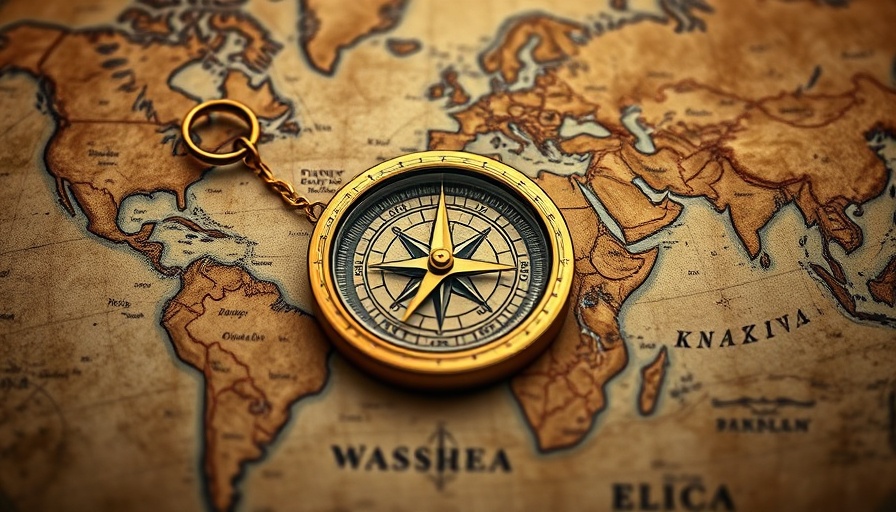
Why We Are Innately Driven to Explore
From scaling the highest mountains to diving into the depths of the ocean, the quest for exploration has spurred the human race forward throughout history. This innate drive is not simply about curiosity; it’s driven by complex psychological and biological factors. Alex Hutchinson, author of The Explorers Gene, delves into these elements, uncovering what motivates people to push their physical and mental limits. According to Hutchinson, an integral part of understanding this drive lies in the interaction of genetic predispositions and cognitive frameworks.
The Biological Basis of Exploration
Recent studies suggest that an “explorer’s gene” may be responsible for our curiosity and drive for challenges. This genetic variation manifests in different populations, influencing how we pursue new experiences. For individuals who possess a stronger variant of this gene, the allure of new adventures is harder to resist. This biological inclination is further fueled by dopamine—the brain's feel-good chemical—reinforcing our desire to seek novel experiences that prompt feelings of joy and satisfaction.
Balancing Exploration and Exploitation
The exploration vs. exploitation dynamic is pivotal to achieving personal growth. On one hand, exploring new possibilities aligns with self-improvement; on the other, relying on established knowledge provides a sense of security and stability. Hutchinson emphasizes that understanding when to venture into the unknown and when to consolidate existing knowledge is essential for a satisfying life. The goal isn’t necessarily to abandon the familiar, but to enrich it by gleaning insights from new experiences.
Younger vs. Older Explorers: What Changes?
Interestingly, research highlights that younger people tend to seek exploration more frequently than their older counterparts. The reasons for this decline may stem from increased responsibilities, social obligations, and comfort in familiarity as we age. However, Hutchinson argues that this decline is not inevitable. Pursuing engaging activities or undertaking new projects can reignite that adventurous spirit, allowing individuals of all ages to continue exploring throughout their lives.
Strategies to Cultivate Your Explorer's Spirit
For men in the 35-55 age group, fostering an exploratory mindset can lead to a more enriched personal and professional life. Here are some strategies:
- Set Bold Goals: Tackle ambitious projects or challenges outside your comfort zone, whether in fitness, career, or personal life.
- Sustain Curiosity: Cultivate curiosity about the world by learning about new cultures, ideas, or skills. This can be achieved through travel, reading, or taking up new hobbies.
- Take Risks: Embrace the idea of failure as part of the learning process. Taking calculated risks can yield valuable experiences.
- Reflect and Adapt: Regularly assess your explorations. What have you learned? How can these experiences shape your goals?
A Call to Action: The Adventure Awaits
It’s essential to tap into our exploratory instincts to enhance personal growth and foster self-improvement. As men seeking to better ourselves and our lives, it’s time we embrace the challenges before us. Don’t let life’s routines stifle your adventurous spirit. Whether it’s through fitness, travel, or simply embarking on new experiences in everyday life, the world is full of opportunities waiting to be discovered. Step into your role as an explorer today—seek out those blank spots on the map of your own life—from the gym floor to the world beyond.
 Add Row
Add Row  Add
Add 




Write A Comment